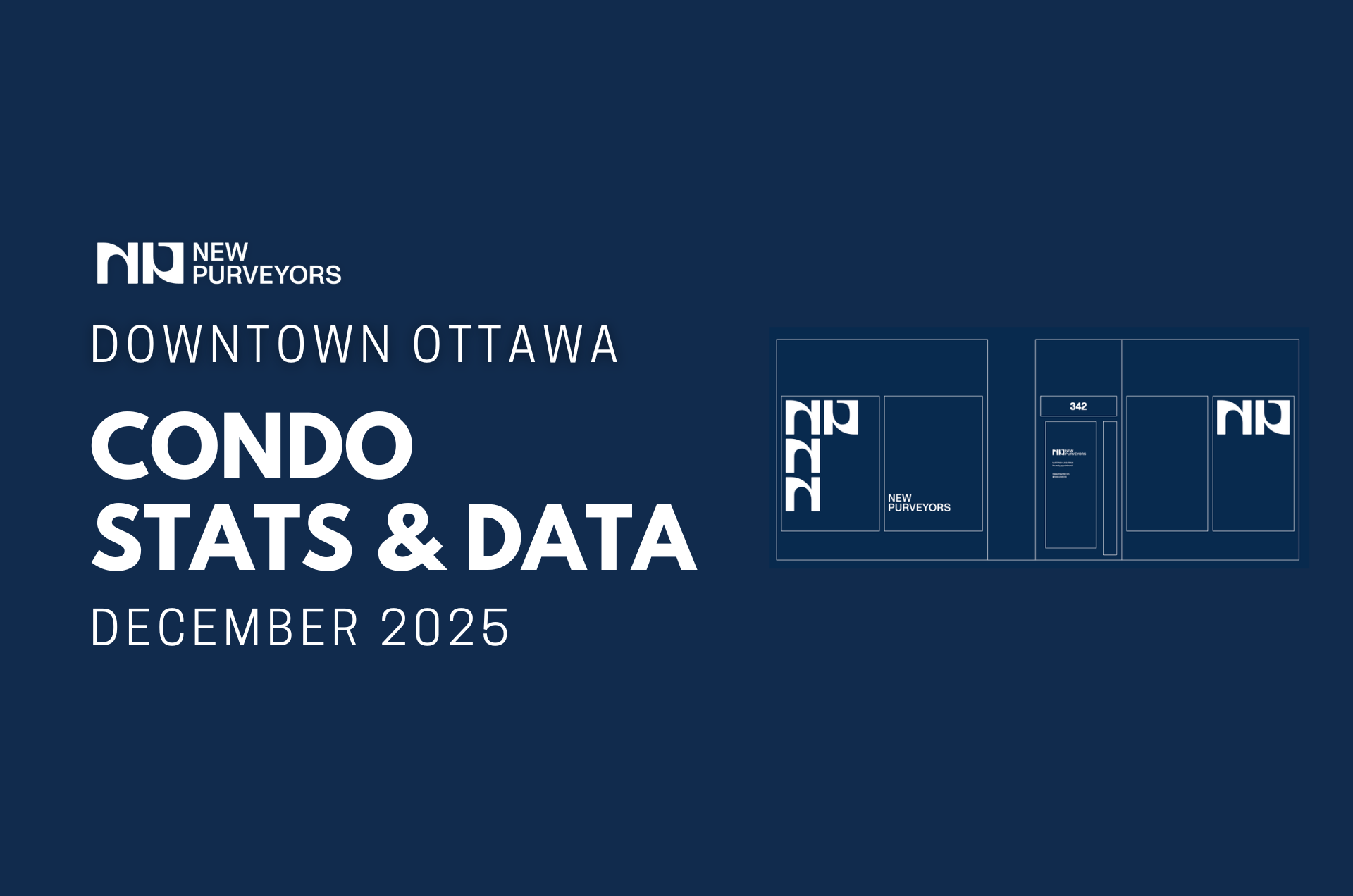
Buying a condo in Ottawa can be an exciting step, whether you’re a first-time buyer, downsizer, or investor. But not all condos are created equal. While a great unit in a solid building can offer incredible lifestyle and financial benefits, a poor choice can lead to frustration, surprise costs, and a lot of regret.
Before you sign on the dotted line, here are five red flags that could signal deeper issues with the unit, building, or condo corporation:
1. Sky-High or Rapidly Rising Condo Fees
A monthly condo fee isn’t unusual—it covers things like building maintenance, management, insurance, amenities, and often heating or water. But if the fee seems unusually high (compared to similar buildings) or has jumped significantly year over year, it could point to poor financial planning or upcoming capital expenses that weren’t properly forecasted.
Tip: Ask for a breakdown of what’s included and review the last 2–3 years of fee history. Your lawyer or agent can help compare it to similar properties.
2. Low Reserve Fund Balance
Ottawa condo corporations are required to maintain a reserve fund—a savings account to pay for major repairs like roofing, elevators, or parking garage work. A low or insufficient reserve fund could mean that big expenses down the road will require a special assessment (a one-time fee paid by all owners).
Tip: Have your real estate lawyer review the status certificate. This will include the reserve fund balance, upcoming expenses, and any history of special assessments.
3. Ongoing Lawsuits or Legal Issues
If the condo corporation is involved in a lawsuit, especially related to construction defects, builder disputes, or management, it’s a red flag. Legal battles can drain reserve funds and scare off future buyers, impacting resale value.
Tip: Again, the status certificate will disclose any legal proceedings. If anything looks unclear, your lawyer can request more detail.
4. Poor Building Maintenance or Neglect
What does the building feel like when you walk in? Dirty hallways, burned-out lights, non-functioning elevators, or landscaping that’s seen better days can signal poor management or an inattentive board. These are the same people responsible for making decisions about repairs and money.
Tip: Visit the building at different times of day. Is the lobby clean? Are the common areas in good shape? Does security seem active and present?
5. Frequent Listings in the Same Building
While some turnover is expected, too many listings—especially if units seem to sit unsold or change hands frequently—can mean something’s off. Maybe it’s noise, poor construction, or a mismanaged board. Or maybe owners just don’t love living there.
Tip: Ask your agent to pull sales history in the building and check how long units typically stay on the market. If the building doesn’t hold value well, dig into why.
Final Thoughts
Buying a condo is about more than just liking the unit. You’re also buying into the building, the management, and the financial health of the condo corporation. Taking the time to do a bit of due diligence now can save you thousands—and a lot of headaches—down the line.
Want help finding a condo that checks all the right boxes?


































